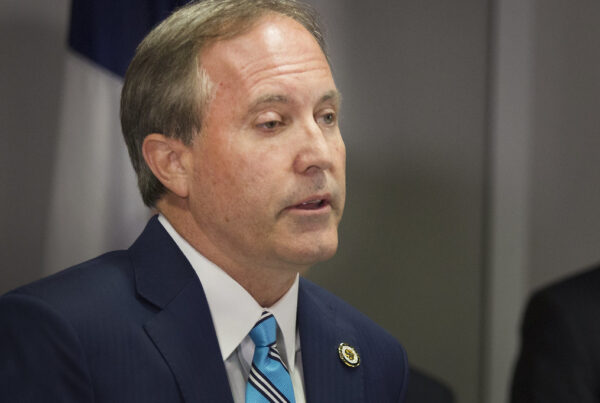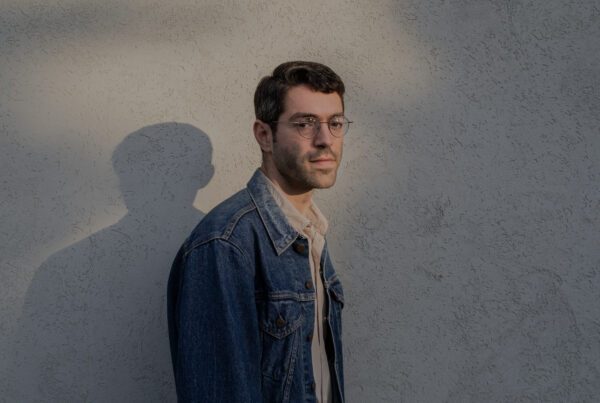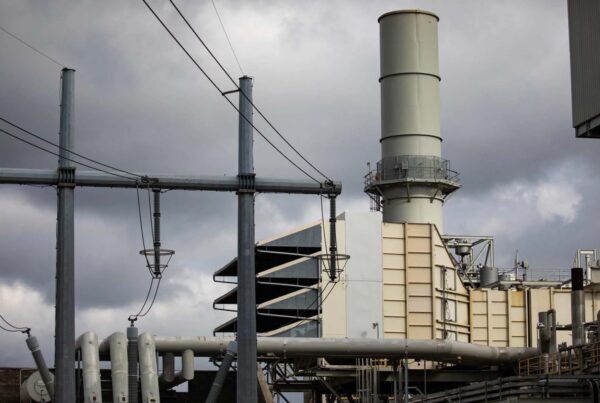The North Texas town of Granbury – population of 10,000 – was a quiet place until a 300 megawatt Bitcoin mine moved into a power plant in town. Since then, Granbury residents have complained of headaches, disturbance to their sleep, and other more long-lasting impacts from the facility.
Bitcoin mining operations use networks of computers to find and capture cryptocurrency. Andrew Chow wrote about how Granbury’s Bitcoin mine has impacted the community for Time Magazine. Listen to the interview above or read the transcript below.
This transcript has been edited lightly for clarity:
Texas Standard: I think some people know about where Granbury, Texas is – small town about an hour southwest of Fort Worth. Can you tell us a little bit more about this Bitcoin mining operation? When did you come to town? What’s it like?
Andrew Chow: It set up shop early last year. You can kind of think about it as a giant computer server farm, where they have dozens of computers running on full blast 24/7. So it creates this enormous hum.
I talked to residents who likened it to sitting on a runway and just hearing jets take off one after another. Another resident likened it to, you know, you’re just at home and there’s a vacuum cleaner running right outside your window all the time.
From what I understand, for some folks who live nearby, you can’t even have a back porch conversation with someone five feet away from you, right?
It’s pretty dramatic. One person at a recent town hall said it will crush you to the ground. It’s so loud, it was rattling my windows. So, yes, it’s really affecting the quality of life in this town and the surrounding area.
You know, it’s funny because I remember when Bitcoin miners started flocking to Texas because of the laws, the open space, the access to the power grid and the like. There was a lot of concern about the power grid, not so much about the noise. I’m a little surprised, because I would think that you could control the sound of computers buzzing. But I guess you’ve also got to consider that there’s a lot of heat generated there. So you’re going to have fans as well. And so that sort of becomes like a constant drone.
Exactly. So actually most of the noise that comes from the computers actually comes from these fans that are running all the time to stop the computers from overheating. And that’s what creates this enormous noise.
Now, obviously the Bitcoin industry didn’t lead with that when they came to Texas. They said they would be able to hook these facilities right up to plants in sparsely populated areas, a lot of them in West Texas. And, you know, some of those plants are in farms where there’s barely anybody there.
But as you can see, if you get closer and closer to population centers, people are going to hear them and get really mad about it.
And it’s not just the people. The animals, apparently, are also running from the noise, too, right?
Yes. One resident sent me videos of her cattle running away from the noise, being agitated. Another woman had to put her chihuahua on seizure medication. And then there have been people reporting that the local birds have fled the area.
Well, you mentioned that some locals have been raising concerns with officials. Are they having town meetings now? What’s happening there in Granbury?
They held a town meeting last week that became standing-room-only – about 75 people coming from around Hood County just complaining viciously about the noise. And a representative of the owner of the Bitcoin mine was there, and they pledged to do better run, run tests after this – see what they can do to mitigate.
But last year, the previous operator of the plant set up this giant wall that cost over $1 million that would hopefully deflect some of the noise, but it actually just made the noise louder and kind of funneled the noise towards different parts of the region. So it’s pretty unclear what kind of mitigation efforts have been successful.
I know in some communities that local officials were really welcoming Bitcoin miners with open arms because they saw this as a potential for a new revenue stream, especially for some of these towns that have been losing population. What have local government officials had to say in Granbury?
Yeah, exactly. The idea was that they were going to create new jobs, open up this revenue stream, and just be really good for the towns.
From what I understand, the officials who greenlit the mine in Granbury are no longer in public service. So, now there’s a new county commissioner who’s sort of taken upon herself to combat this, as well as a local constable. They’re hearing so much complaints from their community that I feel like they really have no choice and are trying to figure out any sort of legal measures or just working with the owner of the plant to see what can be done about it. But their hands are a bit tied.
Do state and federal officials weigh in in any sense on all of this?
Because this is so new, the phenomenon of Bitcoin mining, there are very few regulations or even studies of how it has impacted the environment. And in fact, some states are going in the opposite direction and passing bills that protect Bitcoin mines.
There was a great piece in the New York Times recently about sort of the lobbying impact in Arkansas of how a crypto mining lobby was able to sort of basically write and then pass a bill in the local legislature that shields Bitcoin mines from noise ordinances. So these sorts of battles are definitely going to play out in state legislatures for years to come in the absence of federal regulation.
Correction: This story has been updated to correct the location of Granbury. It is southwest of Fort Worth.












